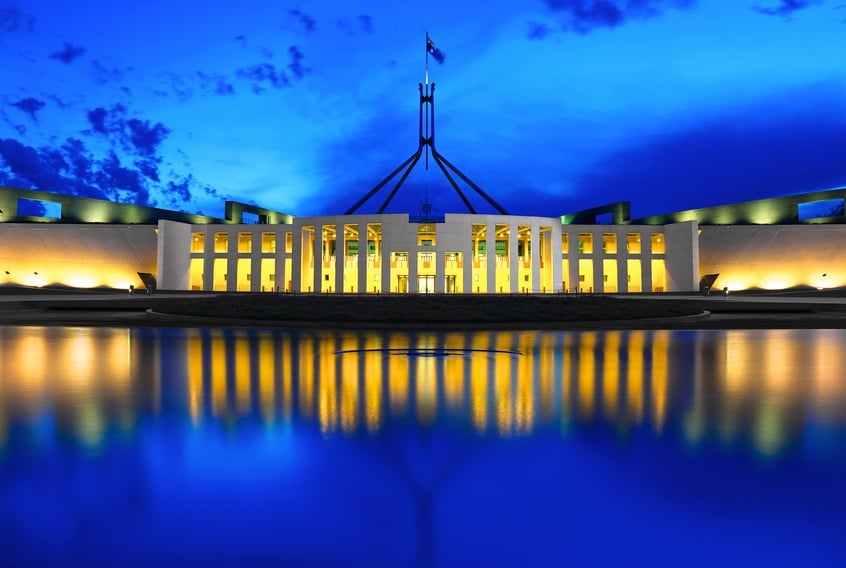President-Elect Joseph R. Biden comes to office with what has, correctly, been called a “transformational” plan for action to curb climate change and to cope with its unavoidable consequences.
The cornerstone of his policy1 — officially called the Biden Plan for a Clean Energy Revolution and Environmental Justice — is to recommit the United States to the Paris Agreement on climate change, and to set a target for the US to achieve net-zero carbon emissions by 2050. That target is generally accepted as being in line with the goals of the Paris Agreement on climate change which seeks to limit global climate heating to well below 2 degrees Celsius above pre-industrial levels, and ideally, to keep it closer to 1.5 degrees.2
The impact of the world’s largest economy pivoting to this new policy cannot be understated. It is particularly important given that it tops off two months in which several of the world’s major economies have now announced net-zero commitments.





